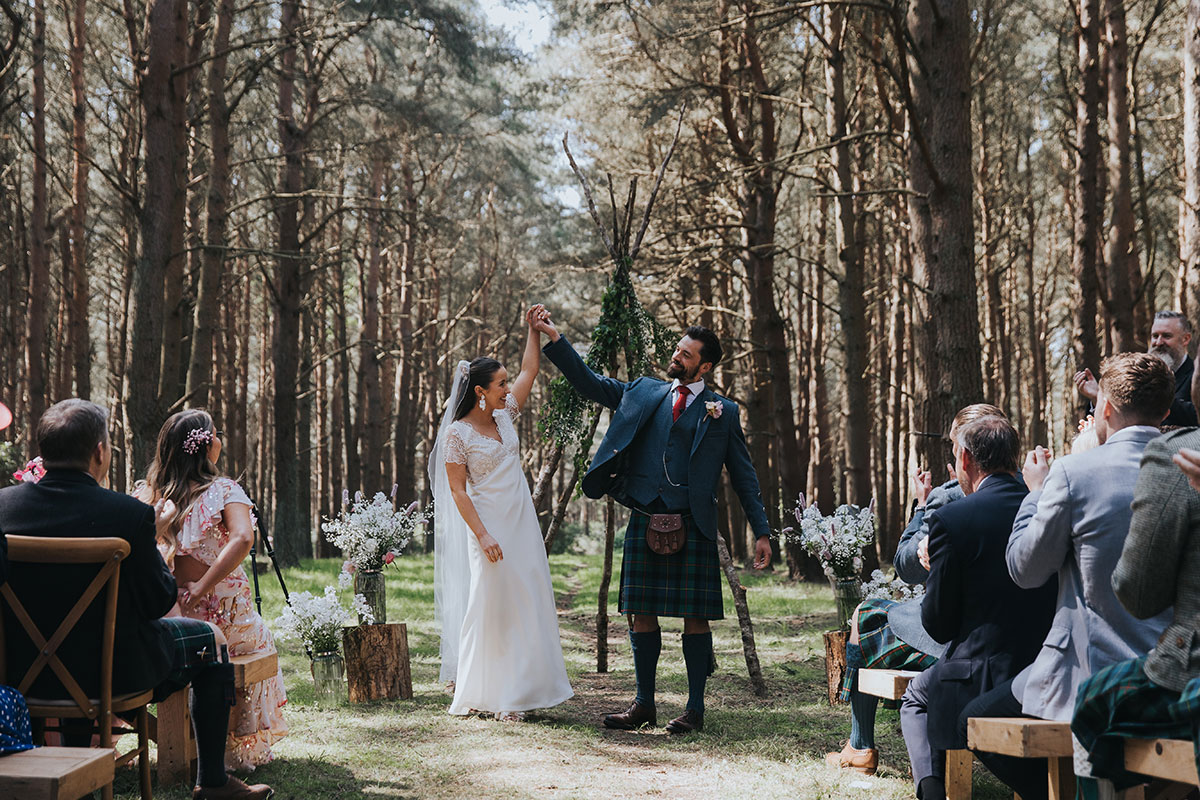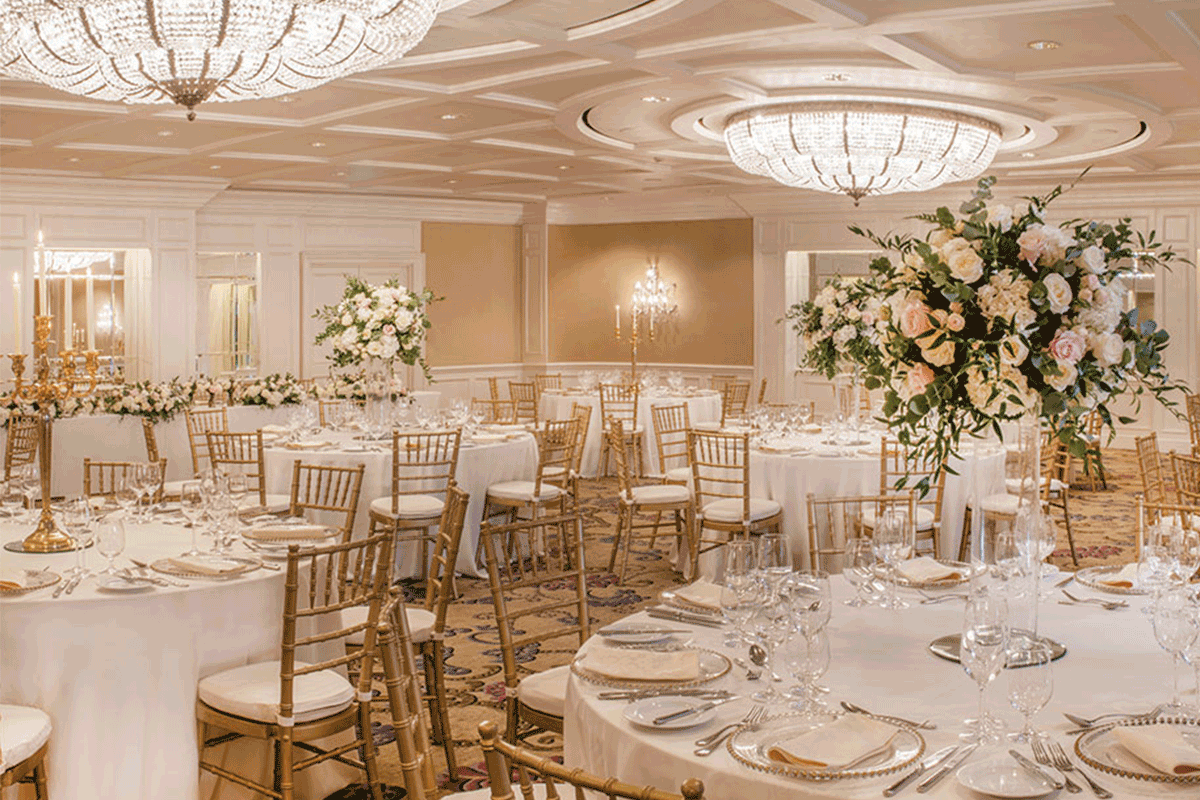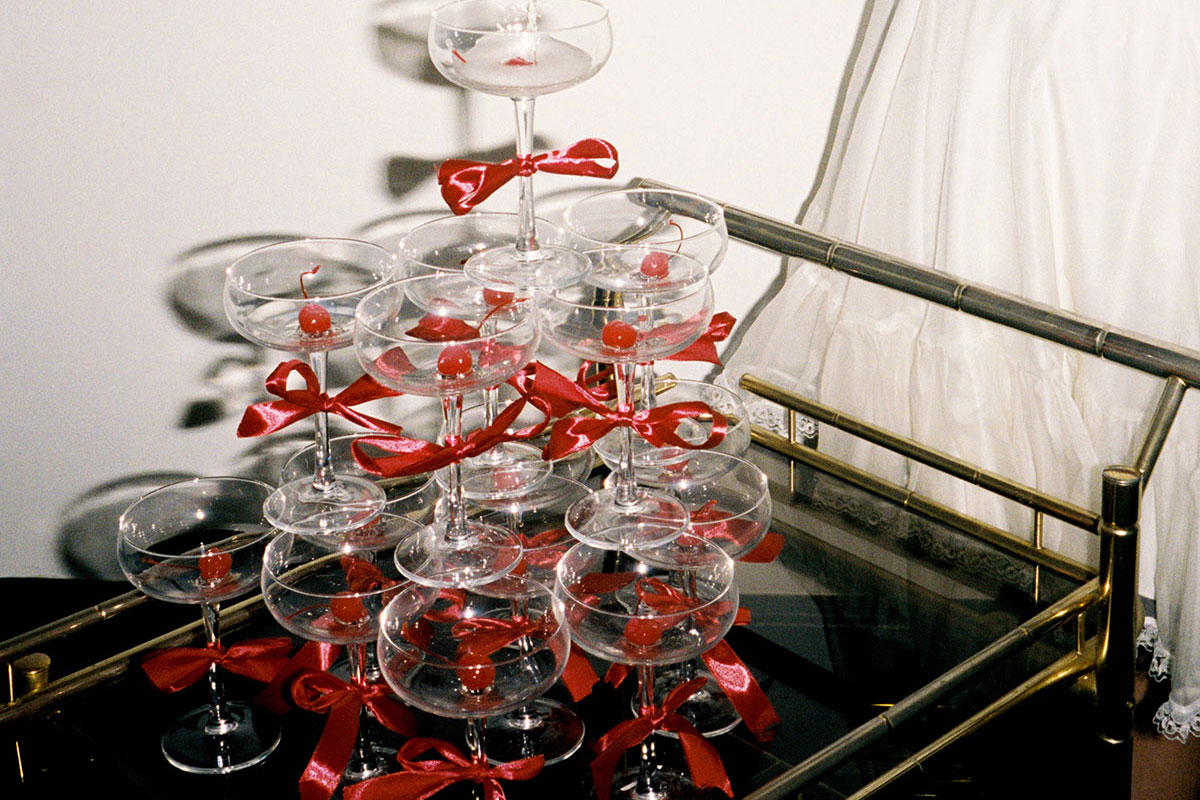There is a lot to keep on top of when you're organising a wedding, so we've put together this handy list of key details that are often overlooked. We've got you covered!
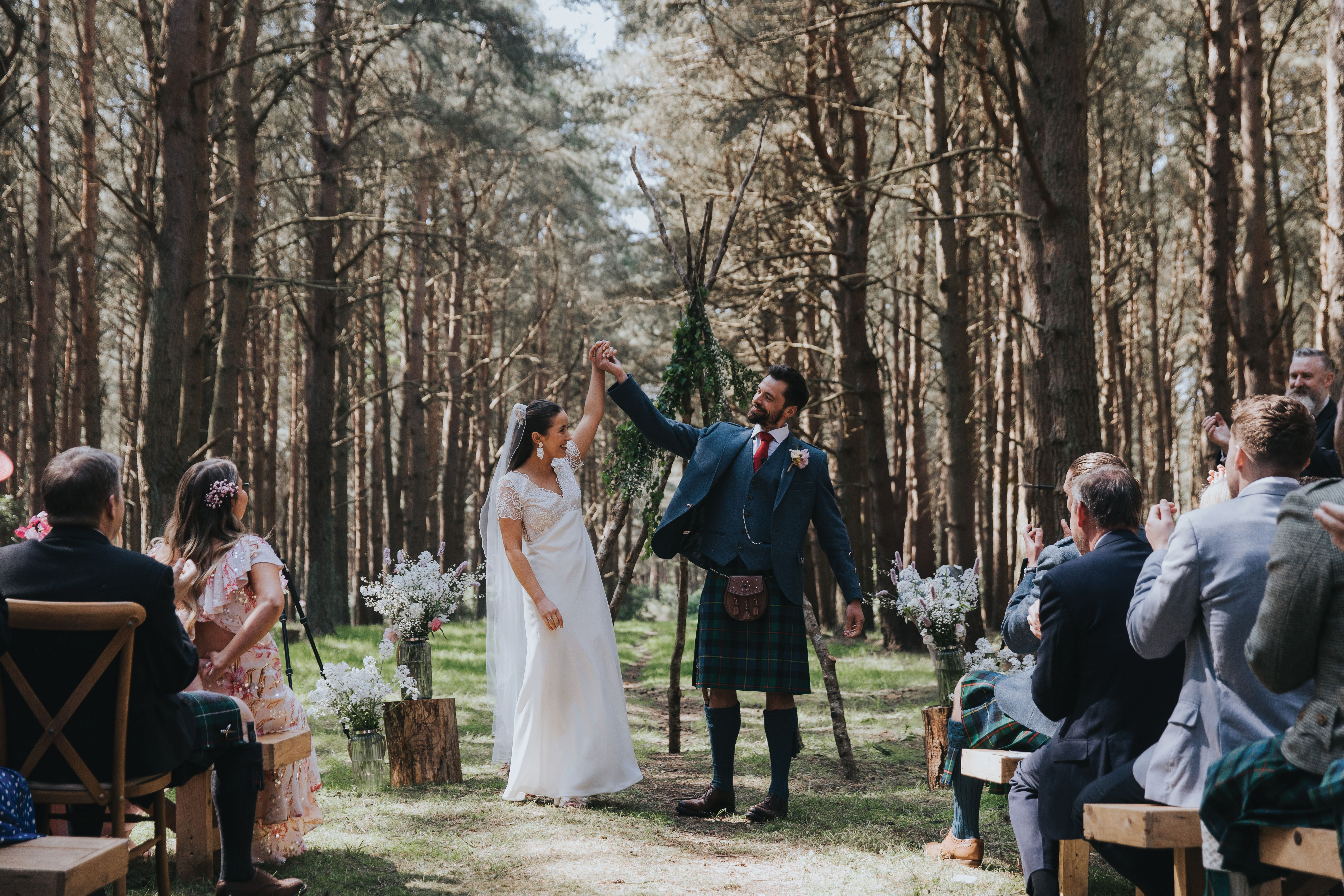
If you're thinking of a blank-canvas wedding, like this couple above who tied the knot at Harvest Moon Weddings, there can be lots of things to consider (Photo: Jen Owens Images)
Hidden costs of weddings
Weddings can be as expensive or as affordable as you want them to be, but chances are there will be a few last-minute things that could throw your original budget into turmoil. That’s why it’s beneficial to have a back-up fund (around 15-20% is advisable, and if you don’t spend it all, it can go towards the honeymoon – bonus!).
Planning a blank-canvas wedding
If you’ve picked a blank-canvas venue, it is often exactly as it says on the tin: completely blank.
This means sourcing everything – not just tables, chairs, glassware, linen, cutlery and so on, but also caterers, serving staff, a drinks vendor and all the decor – which, of course, all adds up.
The big benefit is that you can truly bring any room to life and create your own unique vision.
Some blank-canvas venues offer more than others, so find out before you book exactly what you’d be getting for your money and try to work out how much extra you’ll need to spend to equip it with the basics. Having these sorts of conversations upfront is always worthwhile.
Some venues may have restrictions in place, or will only allow their recommended suppliers to be used. Whether that’s the case or not, it’s wise to have some ‘spare’ money as a contingency plan.
Find out the cost of different wedding venue types
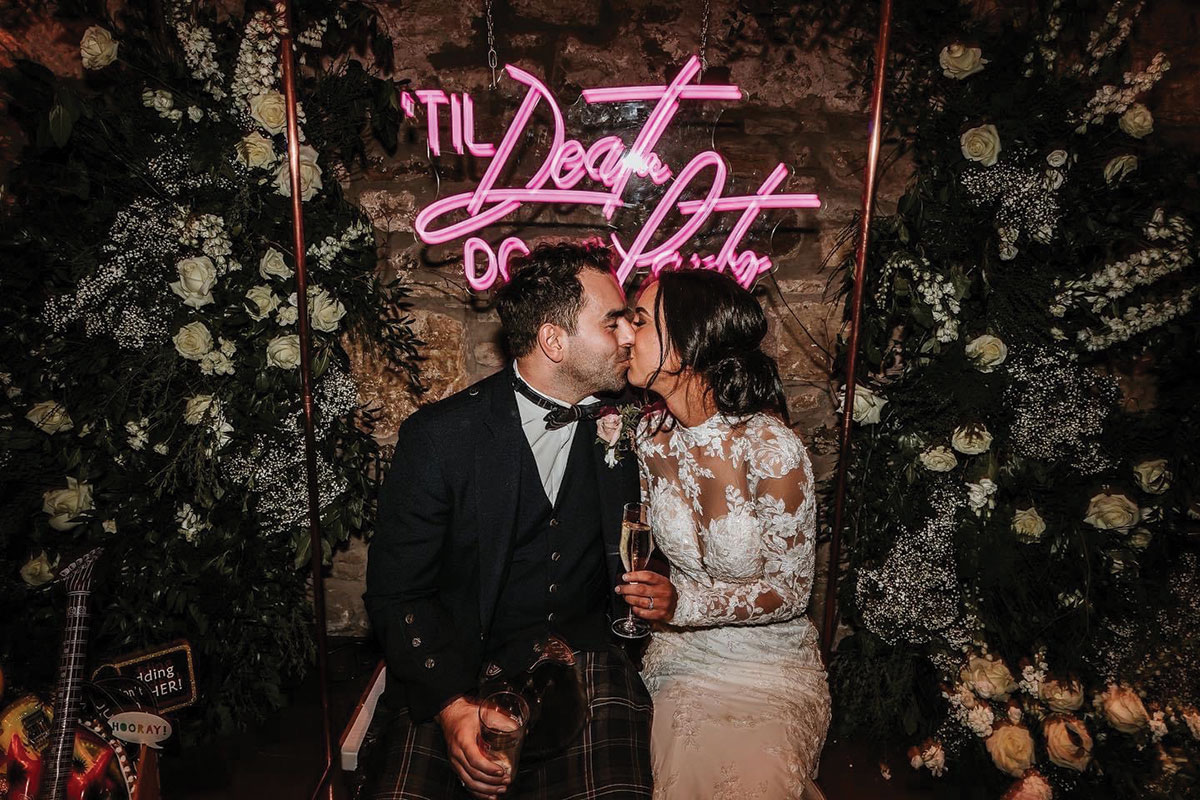
Your celebrant can help you plan your day too. Paul Browett aka The Scottish Celebrant is a big believer in "not sweating the small stuff" – something he told this couple when marrying them (Photo: Corinne Moffat Photography)
Things to keep in mind for your wedding trials and alterations
You’ve got your outfit budget set aside… but have you stopped to think about the cost of alterations?
Your gown (or suit or kilt) will almost certainly need tweaking so that it fits you perfectly – and that takes money. Be sure to build that into the budget allocated to your wedding outfits.
Similarly, you might want to book a trial for your hair and makeup to ensure you feel comfortable with the style. While some suppliers include the cost of a trial in their prices, others might charge separately.
It’s worth researching this before you book anyone. And don’t forget about any other beauty treatments you’re considering – such as spray tanning, aesthetics or lash extensions – so you can budget for those too.
Advice on how to keep costs down for your wedding
How to keep on top of wedding expenses
It’s easy for spending on ‘small things’ to mount up almost without you noticing – until they’re just as expensive as the ‘big things’!
There are all sorts of ‘extras’ – such as breakfast for the bridal party on the wedding morning, gifts for the groomsmen and bridesmaids, and vendor meals and gratuities.
It’s easy to get caught up in the moment and splash out on these things. That’s where your back-up budget could come into play.
Remember: whenever a ‘small thing’ pops into your mind, note it down along with a rough cost so you can keep a running tally of what you’re spending.
Scottish wedding venues and suppliers offering deals and discounts
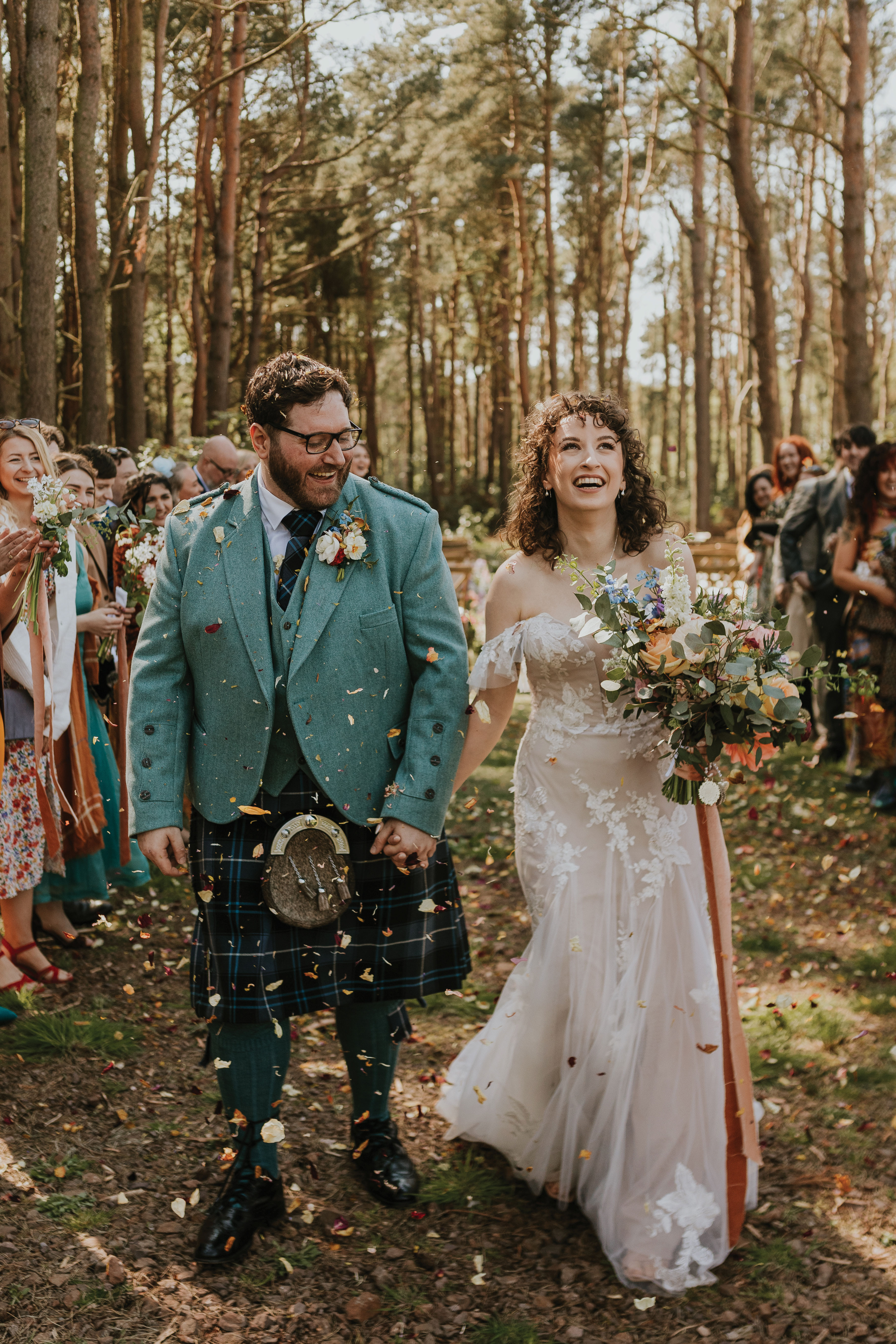
Create a contact sheet to keep in touch with your suppliers, such as The Greenshed Studio who created these beautiful blooms (Photo: Joanne Clenaghan Photography)
How to legally get married in Scotland
It’s not the most thrilling part of getting married, but it is arguably the most important: sorting out (and paying for) the documents you need to make your marriage legal.
If you're getting married in Scotland then you'll need a marriage schedule. This is a crucial document prepared for you by the registrar of the local authority where you’re marrying (note: not necessarily your local authority), and it will be signed by you, your celebrant and your witnesses at the end of your ceremony.
Without it, no matter how sincere your vows are, you will not be legally wed. The document is required for all weddings, including religious ceremonies.
In order to produce the marriage schedule, the registrar needs information from you, which you and your partner provide by filling out M10 forms.
These ask for key personal details – things like your full name, date of birth, address, parents’ names, and whether you’ve been married before.
You’ll need to gather a few supporting documents to send with the completed M10s, and those documents must be originals, not photocopies – we’re talking birth certificate, photo ID (for example, a passport or driving licence), and a recent bill or statement that shows your name and address.
The price for submitting the forms is £100 (£45 for your M10, £45 for your partner’s, plus £10 for entry to the marriage register).
This is paid to the registry office directly, which will then get to work producing your marriage schedule.
By submitting your M10s, you are effectively giving notice that you intend to marry.
The forms must be submitted no earlier than three months before your wedding day, and no later than 29 days before the date – basically giving you a two-month window in which to do it. Well worth making a note in your diary!
Everything you need to know to plan your wedding ceremony in Scotland
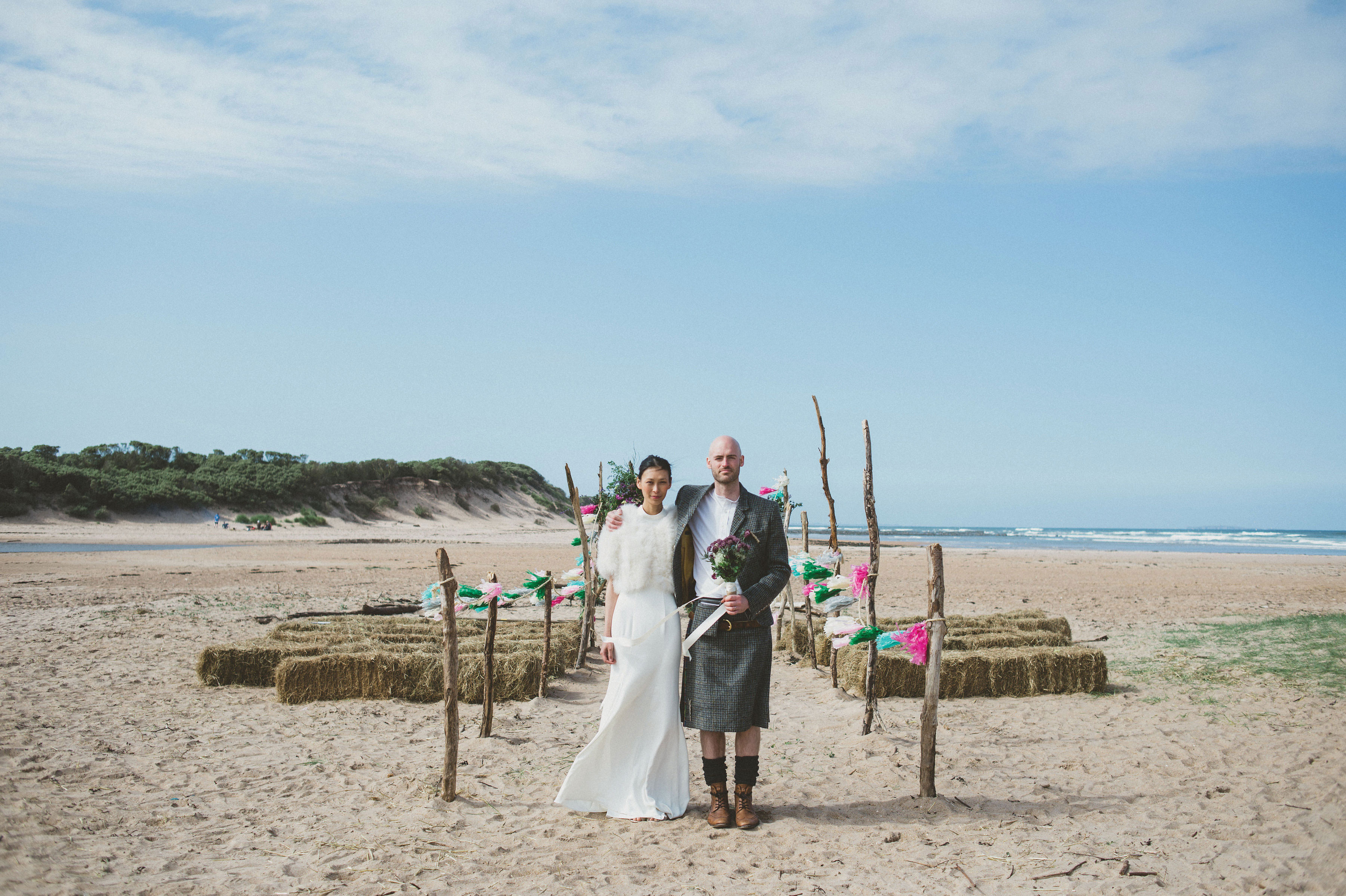
(Photo: Harvest Moon Weddings)
Top tips to help you stay on top of wedding planning
- Set up a separate email address
That way everything is in one place and it’s easier to find. It stops your personal email from clogging up too.
- Create a contact sheet
This is a handy document to give to your venue in case they need to get in touch with suppliers on the day.
- Check for restrictions
Ask any questions well in advance (and that goes for all suppliers, not just your venue) so you’re not caught out closer to the day. For example, most venues have a midnight curfew, but some may allow later finishes so it’s best to enquire about this as early as possible.
- Set reminders
This could be for when final payments are due or key dates, such as when you pick up your dress. It can easily be set up on your phone.
- Packing checklist
Include every item that needs to be taken to the venue on a list – you don’t want to get there and discover you’ve forgotten your guest book, for example, or worse – the marriage schedule.
- Don't panic
Take a deep breath and remember things will all fall into place. You don’t want to be too stressed to enjoy the actual wedding day!

